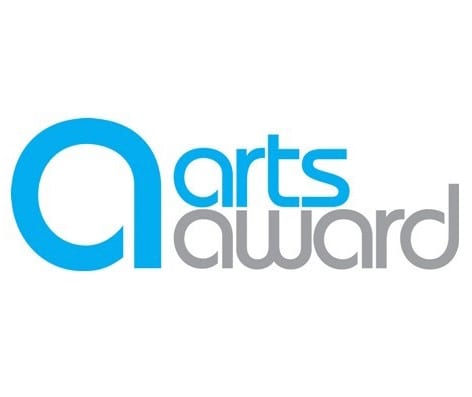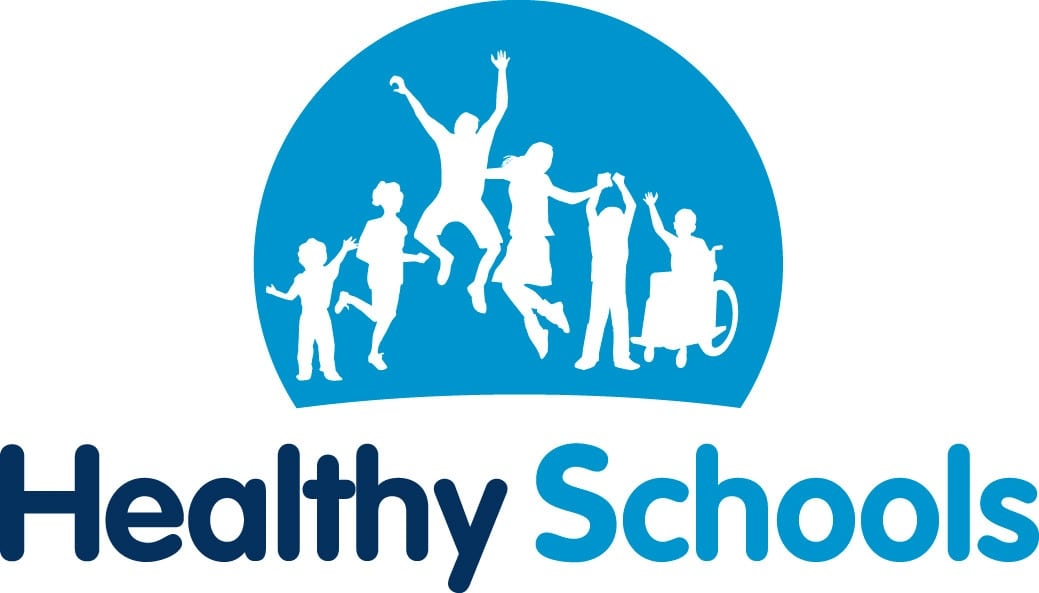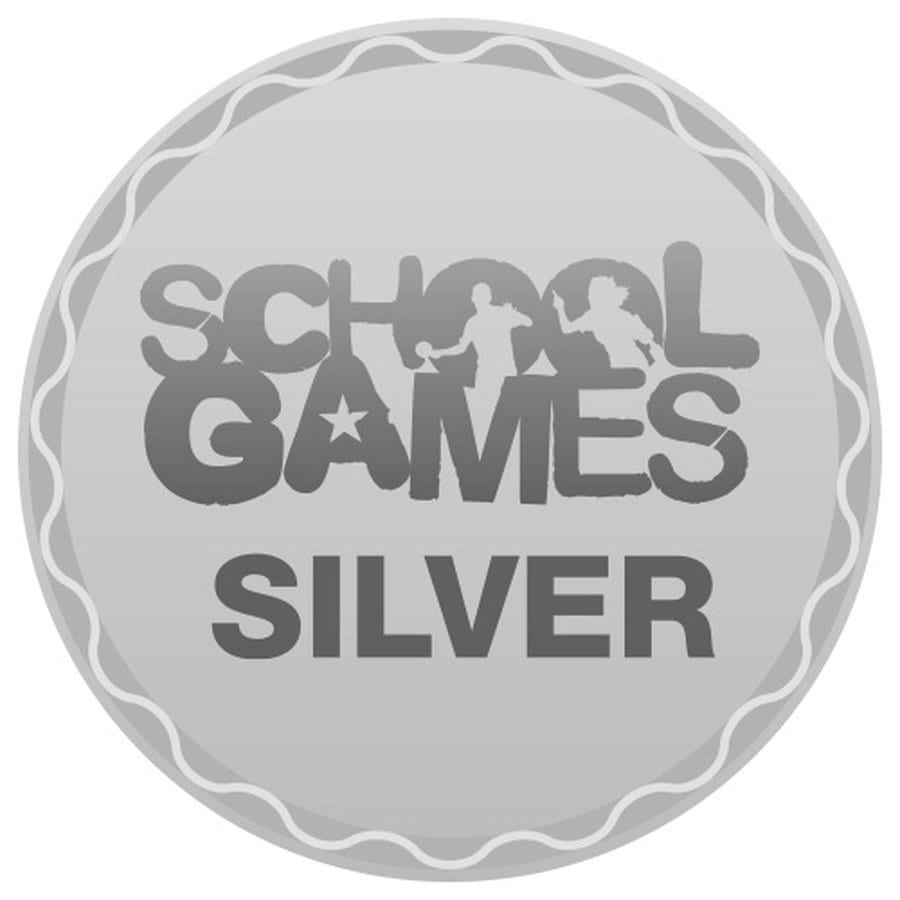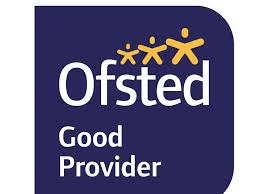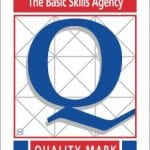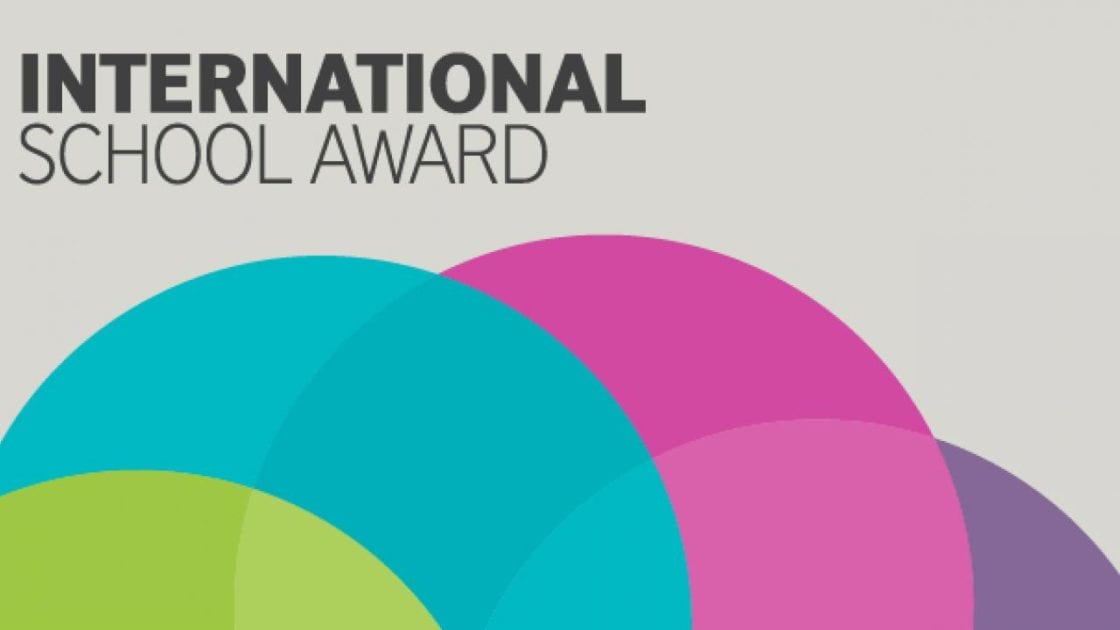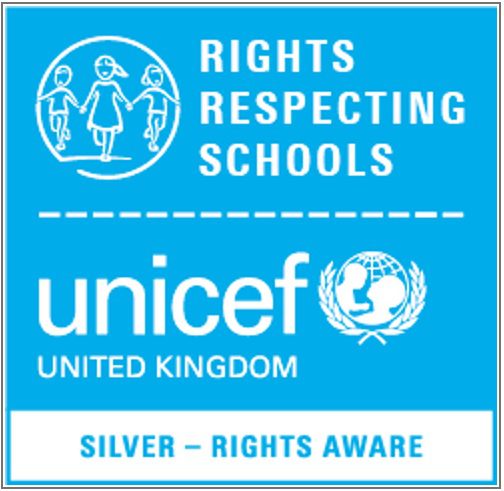Music Subject Lead: Mrs Norris
At Stanley Crook Primary School, we have built a music scheme based on units from the Charanga Music School. The Charanga Musical School Scheme provides teachers with week-by-week lesson support for each year group in the school. It is ideal for specialist and non-specialist teachers alike and provides support with lesson plans, assessment, clear progression, and engaging and exciting whiteboard resources to support every lesson. The Scheme supports all the requirements of the national curriculum.
In line with the curriculum for music and guidance from Ofsted, our planned Scheme moves away from the previous levels and learning objective/outcome concepts to an integrated, practical, exploratory and child-led approach to musical learning.
Ofsted have stated that “We will not always know the learning outcomes” so segregated learning objectives at the start of each lesson are not appropriate.
Instead, the interrelated dimensions of music weave through each unit and across units to encourage the development of musical skills as the learning progresses through listening and appraising, differing musical activities (including creating and exploring) and performing.
How the Scheme is structured
Each Unit of Work comprises the of strands of musical learning which correspond with the national curriculum for music:
- Listening and Appraising
- Musical Activities
- Warm-up Games
- Optional Flexible Games
- Singing
- Playing instruments
- Improvisation
- Composition
- Performing
Mastery in music
Units of Work enable children to understand musical concepts through a repetition-based approach to learning. Learning about the same musical concept through different musical activities enables a more secure, deeper learning and mastery of musical skills. Teaching is carefully planned through each strand of musical learning from Reception to Upper Key Stage 2 in order for your teaching to provide an opportunity to embed a deeper learning, knowledge, understanding and skills.
Musical teaching and learning is not neat or linear. The strands of musical learning, presented within the lesson plans and the on-screen resources, are part of the learning spiral. Over time, children develop both new musical skills and concepts, and re-visit established musical skills and concepts. Repeating a musical skill doesn’t necessarily mean their progress is slowing down or their development is moving backwards! It’s just shifting within the spiral. Mastery means both a deeper understanding of musical skills and concepts and learning something new.
Resources/Instruments used in the Scheme
- A class set or half a class set of glockenspiels – this is the most important resource along with any un-tuned percussion instruments you might have in school
- iPad app – glock or un-tuned percussion app can be used
- Recorders – use if you have experience playing and teaching this instrument
- If children play band/orchestral instruments, encourage them to use those instruments in the music lesson
- A combination of the above
Mixed Year Groups
In delivering the scheme with mixed age or year groups, the Charanga scheme has been adapted to suit the needs of the children in our school. Units of Work are progressive but may also be delivered as stand-alone units due to the depth of learning and spiral progression methodology. This means Units of Work for each team are chosen by looking at the suitability of the main unit song for the age group that is being taught.
The Scheme is delivered by:
- Delivering a two-year rolling programme – this alleviates repetition.
- Building a school-specific scheme from the Units of Work, topics and other resources in Freestyle. In order to do so less/ extra units are required in certain teams, at certain points of the year, i.e.:
- Deliver less Units of Work in each year so perhaps delivering something different in Autumn 2 linked to what is taking place at Christmas time – perhaps use one of the productions. This means that each Team may have some spare units.
- Use Summer 2 for revision and practise for a concert. Summer is notoriously difficult anyway due to SATS, Sports Day etc. Again, this will have spare units.
Knowledge and Skills
Take a look at the documents below, which provide an overview of the key knowledge and skills developed throughout the music curriculum in school. Each document details these key skills for each discrete year group. Due to mixed-age organisation in school, please also refer to the Long term plan (above) to determine when these skills are developed across the two-year rolling programme.
- Knowledge and Skills – Year R
Knowledge and Skills – Year 1
Knowledge and Skills – Year 2
Knowledge and Skills – Year 3
Knowledge and Skills – Year 4
Knowledge and Skills – Year 5
Knowledge and Skills – Year 6 - Scheme Overview
- Learning Progression
- The Interrelated Dimensions of Music

Our budding musicians have been practising plating the glockenspiel to The Dragon Song today. Firstly, we played a beat using G and then we tried a simple melody using B, A and G.
Rocksteady Music
Rocksteady Music visited the school for two whole school assemblies and workshops in both KS1 and KS2. From January 2026 children will be offered individual music lessons for a range of instruments taking place in school and forming their own bands.
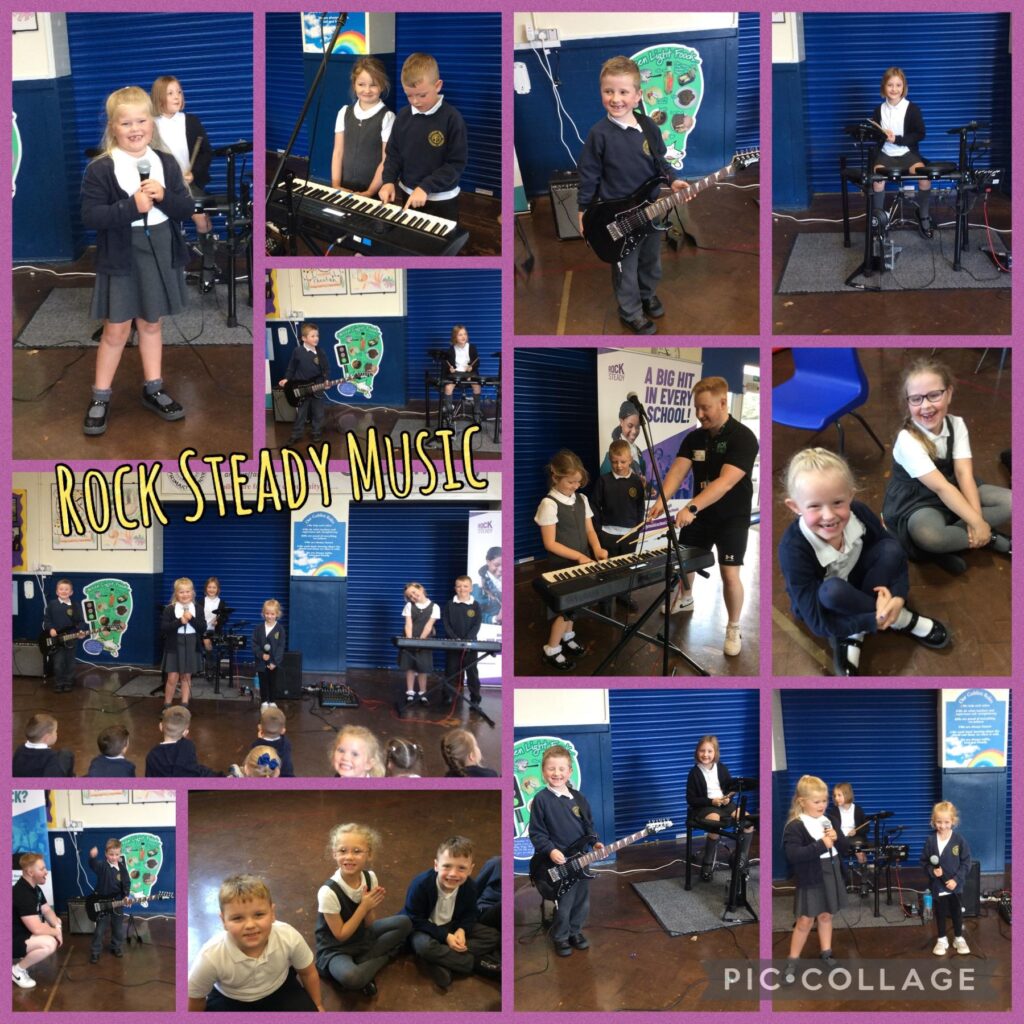
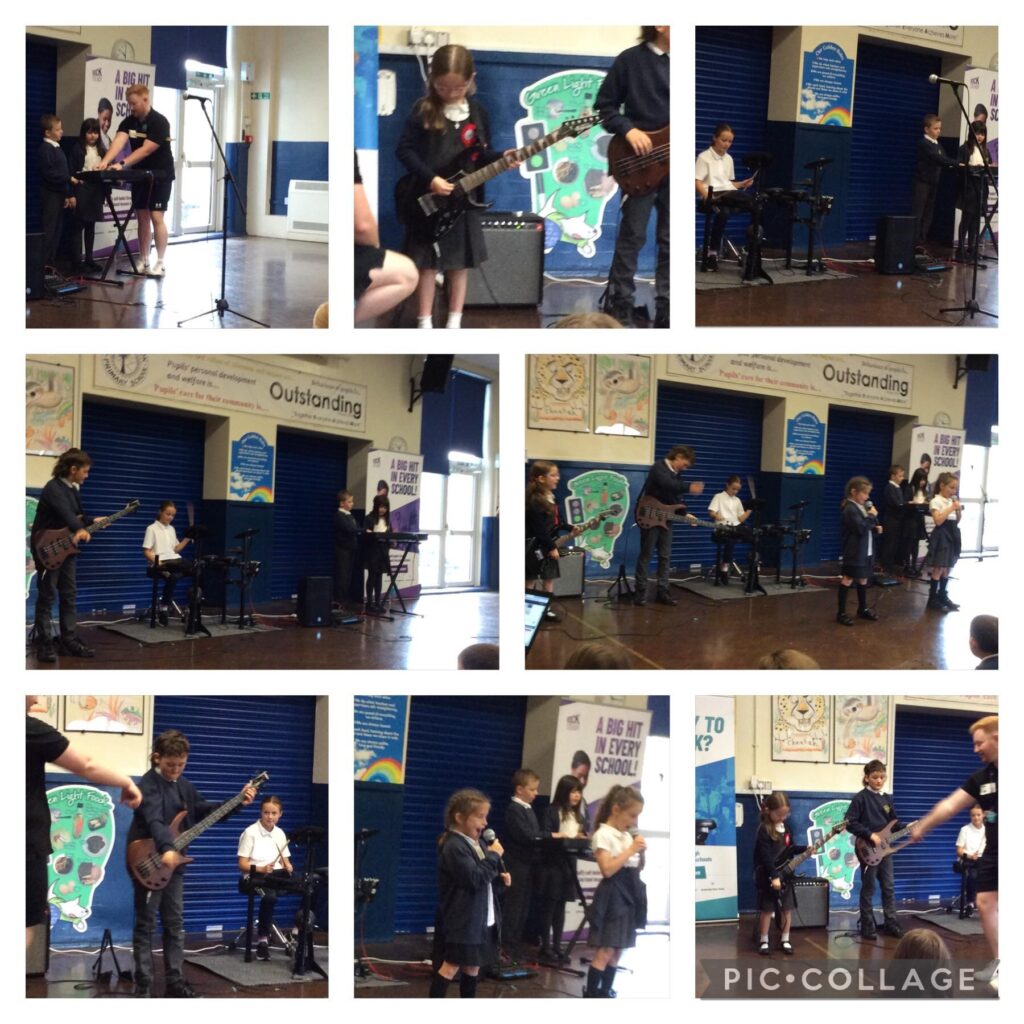
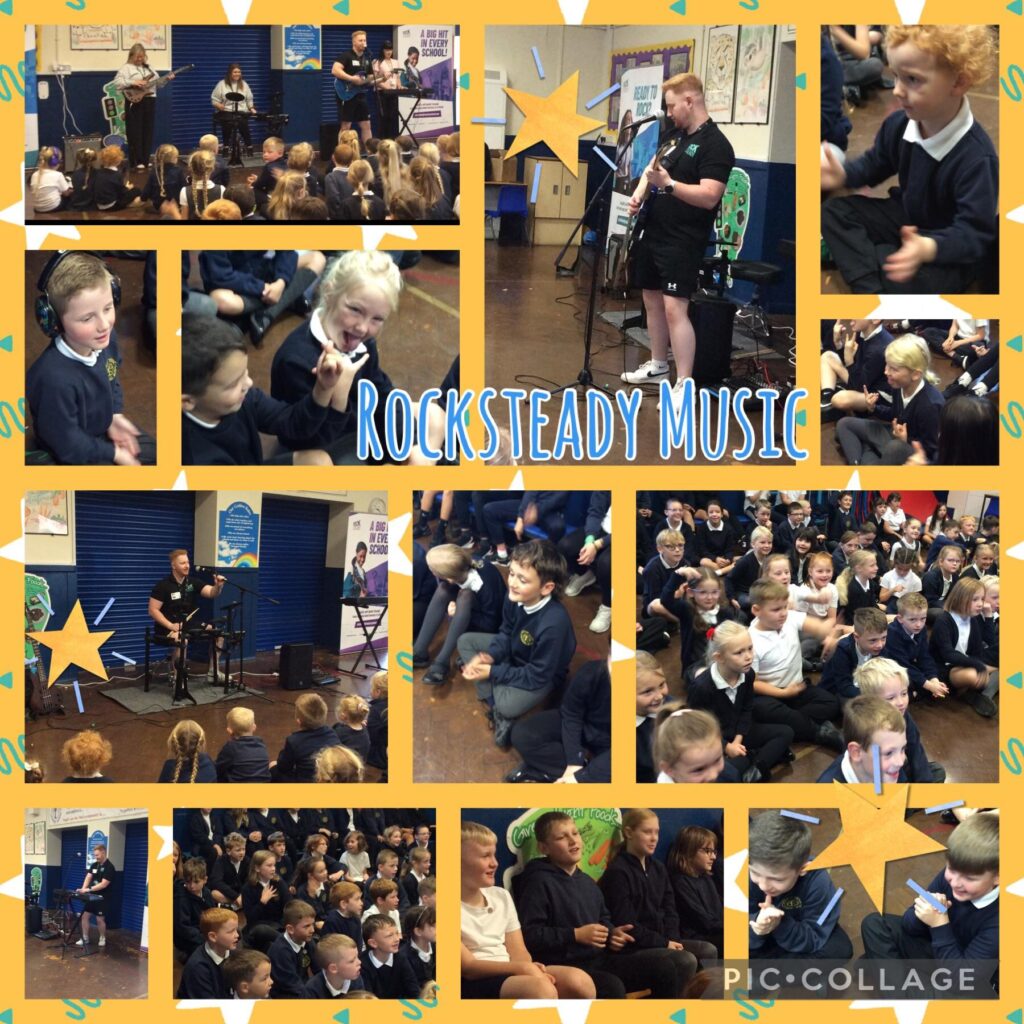
Durham Music Service
From September 2025 Year 4 children commenced brass lessons in school through Durham Music Service with some children playing cornets and some trumpets. They receive weekly lessons and will perform for parents and the whole school each term.

